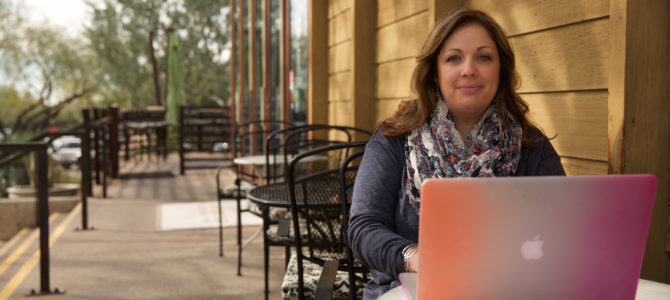DENVER — The U.S. Court of Appeals for the 10th Circuit ruled on Monday a Colorado web designer must design and publish websites that violate her religious conscience. In the 2-1 ruling, the court ruled 303 Creative founder Lorie Smith must create graphics or websites for LGBT customers despite messaging that conflicts with her deepest beliefs.
“The government should never force creative professionals to promote a message or cause with which they disagree. That is quintessential free speech and artistic freedom,” said attorney John Bursch, who serves as a senior counsel and vice president oat the First Amendment non-profit Alliance Defending Freedom (ADF). The group represented Smith in the case, and said in a Monday statement it intends to appeal the court’s ruling.
Smith filed the pre-enforcement challenge to Colorado’s Anti-Discrimination Act (CADA), which prohibits any business that offers public services from discrimination based on race, religion, gender, or sexual orientation. The web designer filed the motion after she was approached to make a website for a same-sex wedding but didn’t respond in order to avoid violating the act.
Activist plaintiffs have weaponized the same law to compel a neighboring Christian baker to create and design cakes that celebrate what his faith teaches is wrong. The court, however, struck down Smith’s challenge and upheld the law “permissibly compels [Lorie Smith’s] speech,” and concluded, “a faith that enriches society in one way might also damage society in [an]other…” The 10th circuit also placed a gag order on Smith to prohibit the web designer from explaining on her page what sites are consistent with her beliefs.
In June, the law was used to fine Masterpiece Cake Shop owner Jack Phillips in the Denver suburb of Lakewood $500 for his refusal to bake a cake celebrating a transgender person’s gender transition.
Phillips similarly made national headlines in 2012 when he refused to decorate a cake for a male same-sex wedding, but offered a wide variety of other, neutral, products to same-sex customers. At the time, the couple, David Mullins and Charlie Craig, filed a complaint with the Colorado Civil Rights C0mmission alleging Phillips violated CADA.
The controversy went national, provoking harassment campaigns and death threats against the suburban baker that ultimately cost him 40 percent of his income when Phillips stopped baking cakes following a lower court’s initial decision against the shop. The case inspired another against Phillips after the Supreme Court announced in 2017 it would re-examine the lower court’s ruling, which it ultimately overturned on narrow grounds. Phillips is therefore still caught up in continued legal battles.








